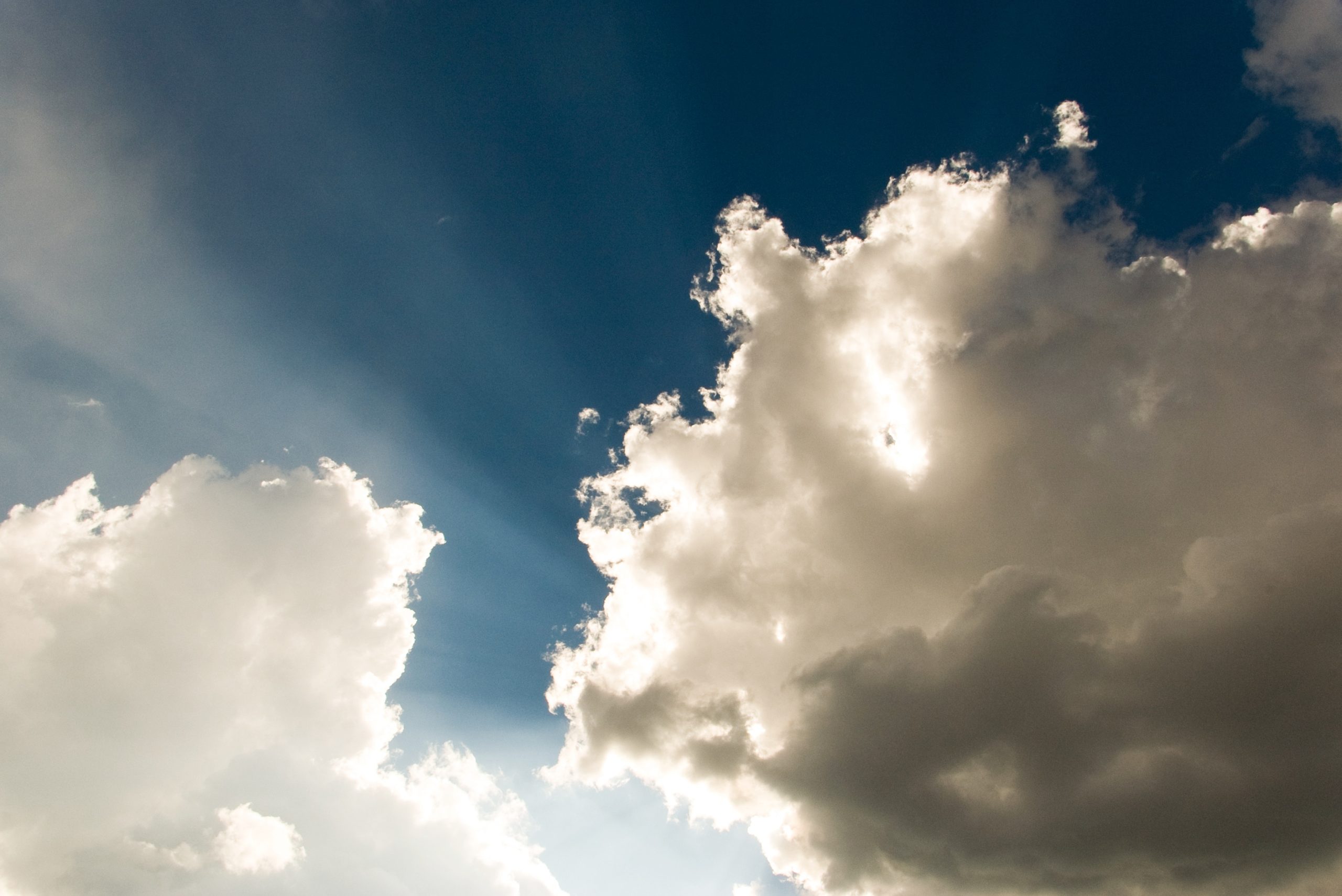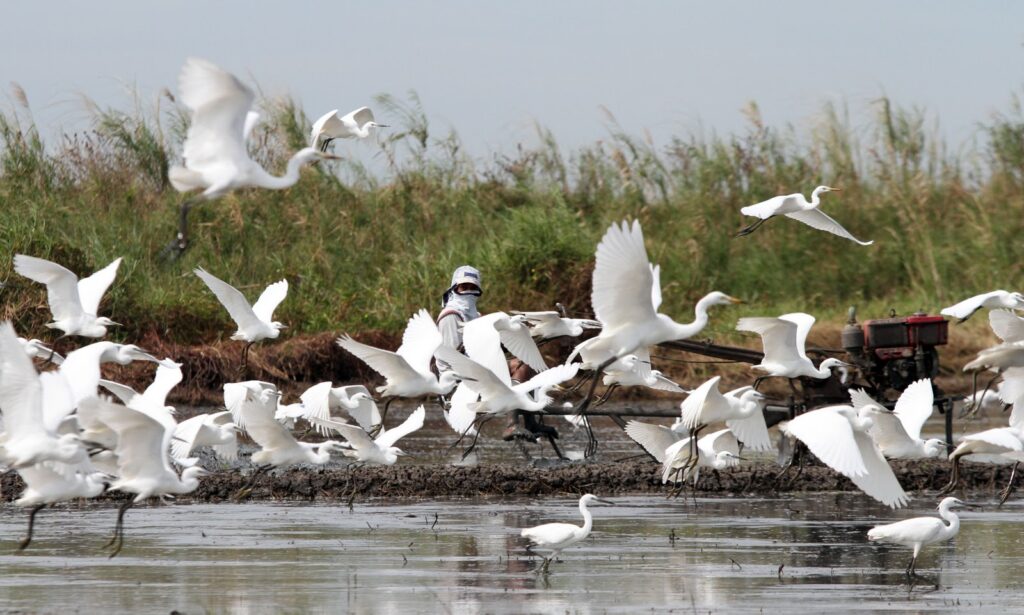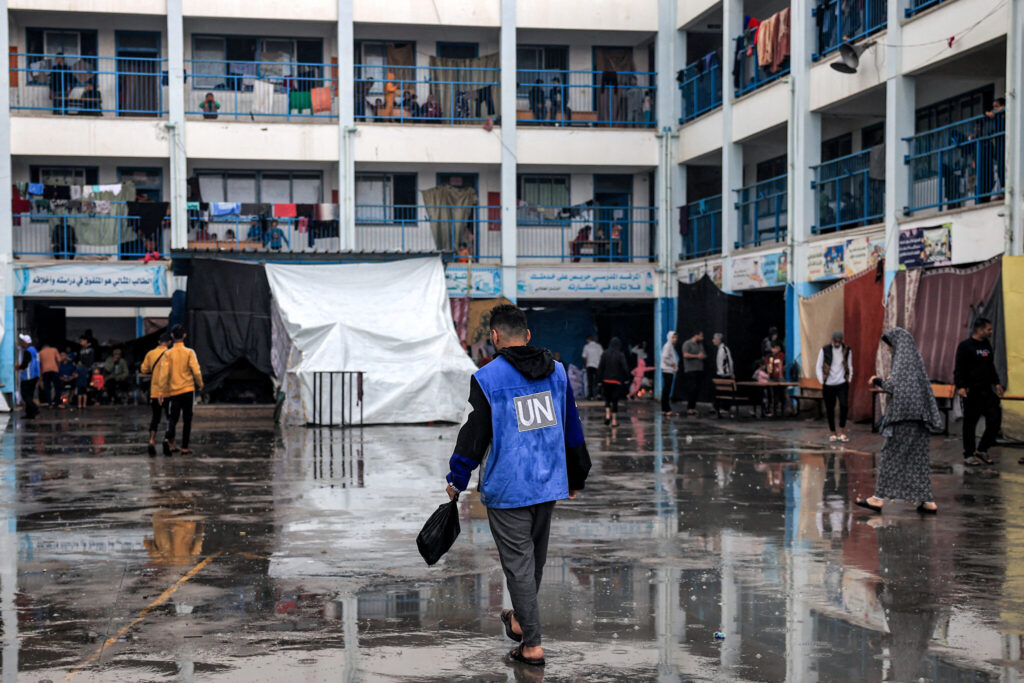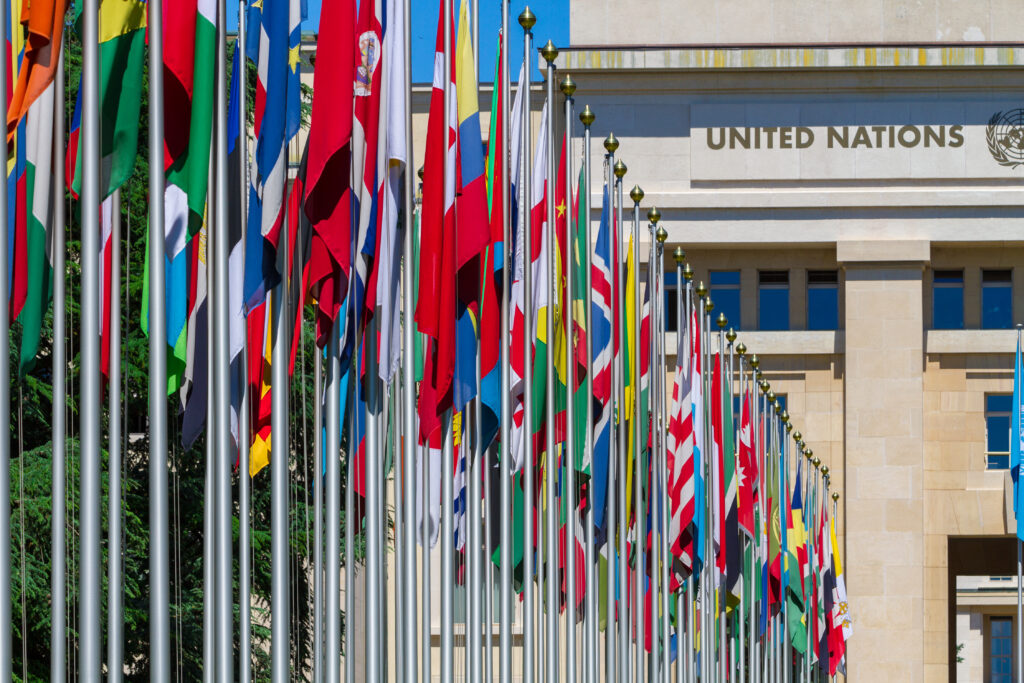By Kelli Meyer
The United Nations system is comprised of more than 30 affiliated organizations—known as programs, funds, and specialized agencies—with their own membership, leadership, and budget processes.
In our “Meet the (UN) Family” series, we’re looking at the UN entities that might not always make the headlines but play an integral part of the UN’s mission to promote global peace and prosperity.
Up next: The World Meteorological Organization (WMO).
Cyclones. Climate Change. Drought. You’ve likely seen more than one of these in the news lately, and they’re making headlines for an important reason: they impact our lives and our planet.
That’s why we can be thankful there is an entire UN agency dedicated to weather, climate, and the water cycle, the World Meteorological Organization (WMO). As the leading authoritative voice on these interconnected issues, WMO works to facilitate the unrestricted international exchange of meteorological data, forecasts, and warnings.
If UN Environment is the bodyguard of the planet, imagine WMO as the bodyguard of the atmosphere.
More than just telling you what to wear
If you’re anything like us, you love obsessively checking the weather; it shapes our moods and activities, from what to wear on a given day to whether we can go for a run outside. You probably even have an app or two that give you a forecast for the day.
But did you know that you have WMO to thank for that? At the core of its work is World Weather Watch, a program which collects the data that is needed to create weather forecasts by establishing critical infrastructure between countries for an efficient flow of information.
Without WMO, you not only would not be able to get your weather forecast, but industries around the world, like agriculture, utilities (gas, electric power production), and aviation would be unable to get the accurate and timely data that they need to conduct business.
Responding to the threat of climate change
Climate change affects the entire planet, but some regions are particularly vulnerable to climate risks, like the Sahel region in Africa. WMO works with countries to implement science-based climate information into existing policies and practices.
That means farmers in Burkina Faso can structure their planting strategies based on seasonal climate forecasts and public health officials in Niger can implement vaccine prevention campaigns when they’ll be most effective, before outbreaks of malaria and meningitis which can be triggered by weather changes.
Filling in the gaps on water issues
There is no denying that the world faces unprecedented challenges posed by water stress, floods and droughts, and lack of access to clean supplies. And farmers in South Sudan, a land-locked country that suffers from a lack of hydrological data, can lean upon WMO to learn about drought management.
South Sudan is part of WMO’s Integrated Drought Management Plan, which positions the government in a network of other countries facing similar issues to share advice and resources. IDMP also seeks to strengthen drought management at the national and local levels, document best practices at the community level and improve water resource management.
The Earth’s atmosphere impacts our lives in simple ways, like our wardrobe choices, and in global ways, too. As the cyclone in Mozambique and the flooding across the Midwest demonstrates, severe weather has become all too common. That makes WMO’s work even more valuable, as it helps the world prepare and predict what lies ahead.




